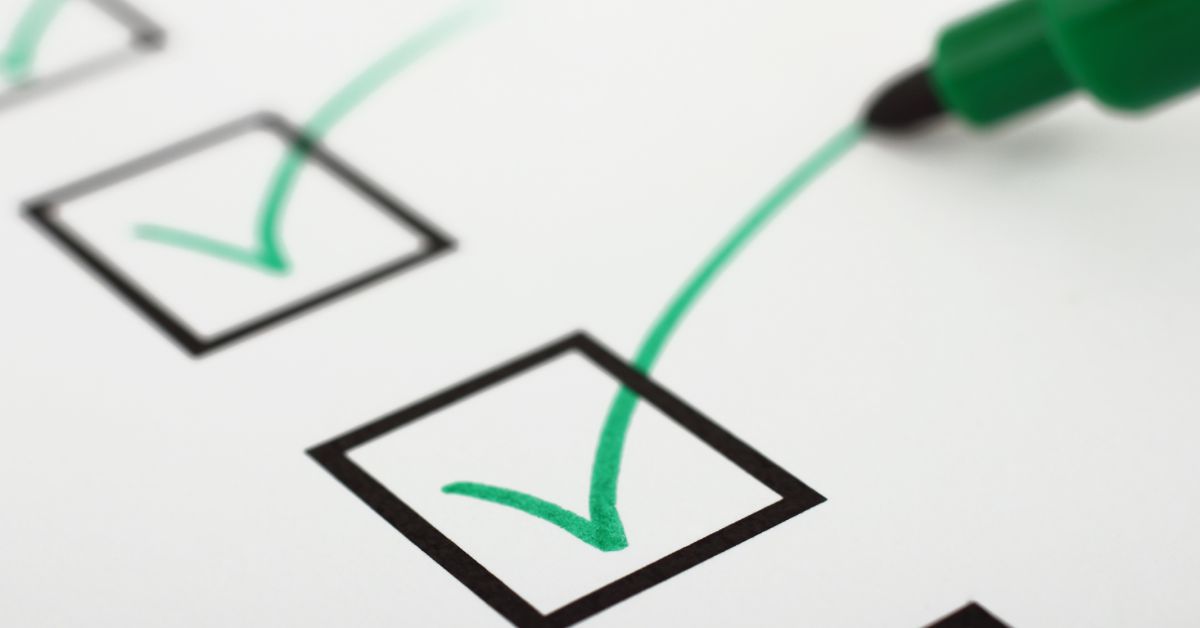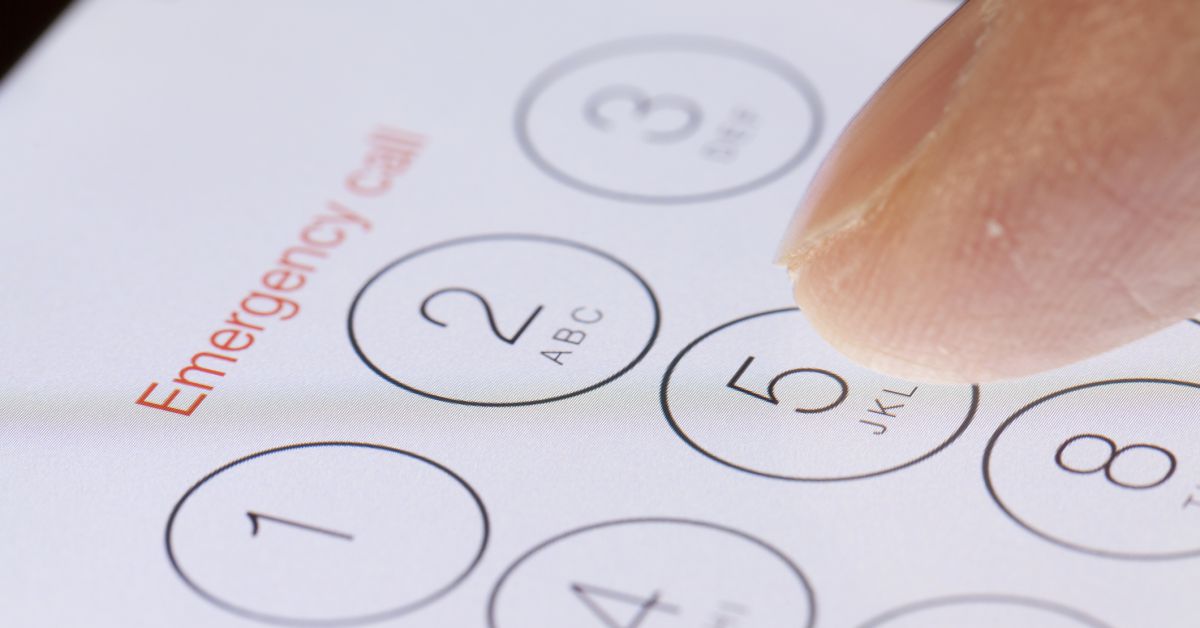

Business travel in corona times
In corona times a business trip also raises a host of questions. Can I leave? Am I at risk? How long should I wait to book my next business trip? Can I cancel or postpone my trip? Am I entitled to a refund? Am I insured?
Unfortunately, there’s no unequivocal answer to these questions right now. Every situation is different depending on the destination, the booked services, your day of departure, the airline, etc.
Fortunately you are a Uniglobe customer. We are doing everything in our power right now to assist you in the best possible way, geared to your specific needs.
Do you have some questions of your own? Here are some concrete recommendations:
1) Contact your Uniglobe branch
Contact your Uniglobe branch in case of doubt. We will evaluate the situation together and discuss your options. We are keeping close track of the situation and are in constant contact with our suppliers with regard to possible route changes, cancellations, flexible rebooking conditions, postponed travel, refunds, etc. We have all the necessary knowledge and expertise in-house to unburden you completely in these situations. We are here for you so call on us if you need us!
2) Opt for refundable tickets
As long as the uncertainty due to the coronavirus persists it is advisable to book refundable tickets for your business trips. These tickets are often slightly more expensive but if the price difference is not too big it’s worth considering. You’re guaranteed a refund with minimal costs in case of cancellation. We will be happy to advise you on your options.
3) Gear your internal policy to the travel advice of the Ministry of Foreign Affairs and the official bodies
The Federal Public Service Foreign Affairs maps out the safety situation per country based on 6 levels.
- Level 1. No particular security risks.
- Level 2. Remain vigilant.
- Level 3. Unsafe regions.
- Level 4. Advice against non-essential travel to certain regions.
- Level 5. Advice against non-essential travel to a country as a whole.
- Level 6. Advice against all travel to a country as a whole.

Both for China and Italy stricter security measures are currently in force:
Current situation in China (10/03/2020 – noon)
Non-essential travel to all of China including Hong Kong is discouraged. Authorities have raised the alert level for the province of Hubei and all travel is temporarily discouraged.
Current situation in Italy (10/03/2020 – noon)
On 9 March 2020 the Italian government announced new restrictive measures for the entire Italian territory.
As a consequence of this decision by the Italian authorities, all travel to Italy is discouraged until further notice.
These restrictive measures will be in place from March 10 till April 3.
Current situation in France (10/03/2020 – noon)
The French government has activated phase 2 of the action plan, which aims to prevent and contain the spread of the virus. In every department and overseas territory a reference hospital has been chosen.
For the time being only school trips are being discouraged or prohibited in the so-called cluster regions where the virus is most active (departments of the Oise, Haute-Savoie, Haut-Rhin and Morbihan). For all other travel no tightened travel advice currently applies.
Current situation in Israel (09/03/2020)
No negative travel advice has been issued yet for Israel but the authorities are imposing very strict conditions on foreign travellers. As of 12 March 2020, everyone travelling to Israel will have to prove that they can be quarantined in a private home for 14 days during their stay in the country. Hotels or other types of accommodation do not qualify. This means you must either own a property in Israel or know private citizens who are willing to help you.
Gradually every country is developing their own approach to dealing with the virus. Therefore it is important to closely monitor the situation. Naturally you can implement an internal policy that is stricter than that of the Ministry of Foreign Affairs or other official bodies. For instance, you might decide to put all non-essential business trips on hold for the time being.
4) Use private transport if possible
Only travelling a few hundred kilometres? In this case it is advisable to travel by car instead of by train or plane. This reduces the risk of contamination and it makes you less dependent in terms of transport if the situation at your destination should change suddenly.
5) Keep our emergency number close to hand when travelling
For our 24/7 assistance we work with the All7Group. You can always find all contact details for your Uniglobe branch as well as the telephone number for assistance outside office hours on your travel documents.

